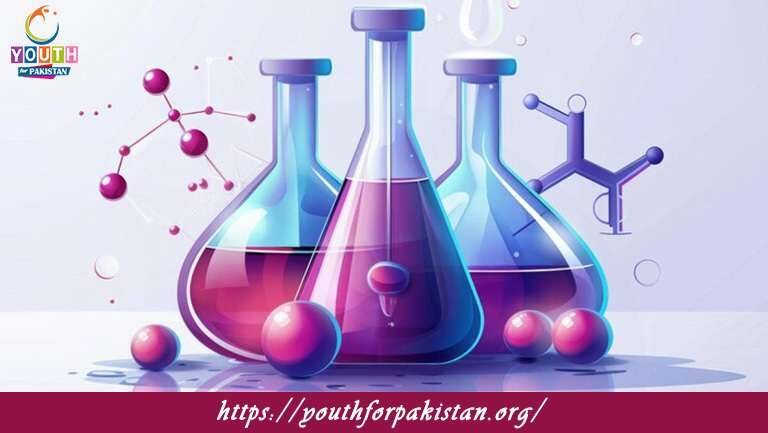11th Class Chemistry MCQs Test Preparation

We are pleased to provide 11th Class Chemistry MCQs Test Preparation for HSC Part I students. Take instant access and test yourself as many times as you want here on this page. Practicing the Chemistry Class 11 MCQs will improve your subject proficiency.
Class 11 Chemistry MCQs With Answers
The online tests for 11th class Chemistry are perfect for preparation. This is a golden opportunity for students of various boards in Pakistan. Check the MCQs for Chemistry class 11 on our website and start practicing. These online MCQ tests are available for English medium students to enhance their practice. The 11th class Chemistry MCQs with answers for English medium students are created by our experienced teachers, specifically for 11th class students.
We have provided an excellent opportunity for students to prepare for their Class 11 Chemistry MCQs online test. These online MCQs cover all the topics and provide extensive knowledge to help clear their Chemistry subject.
11th Chemistry Important Objective Questions and Answers
By appearing in the online tests, you can learn a lot about the chapters and clear your doubts. The online tests are available for all English medium students. Intermediate Part 1 students who want to achieve full marks are advised to practice these MCQs repeatedly. Solving these objective questions will help students build their problem-solving skills and score well in the board exams.
11th Class Chemistry Chapter wise/Units
Basic Concept
Experimental Techniques in Chemistry
Gases
Liquids & Solids
Atomic Structure
Chemical Bonding
Thermochemistry
Chemical Equilibrium
Solutions
Electrochemistry
Reaction Kinetics


